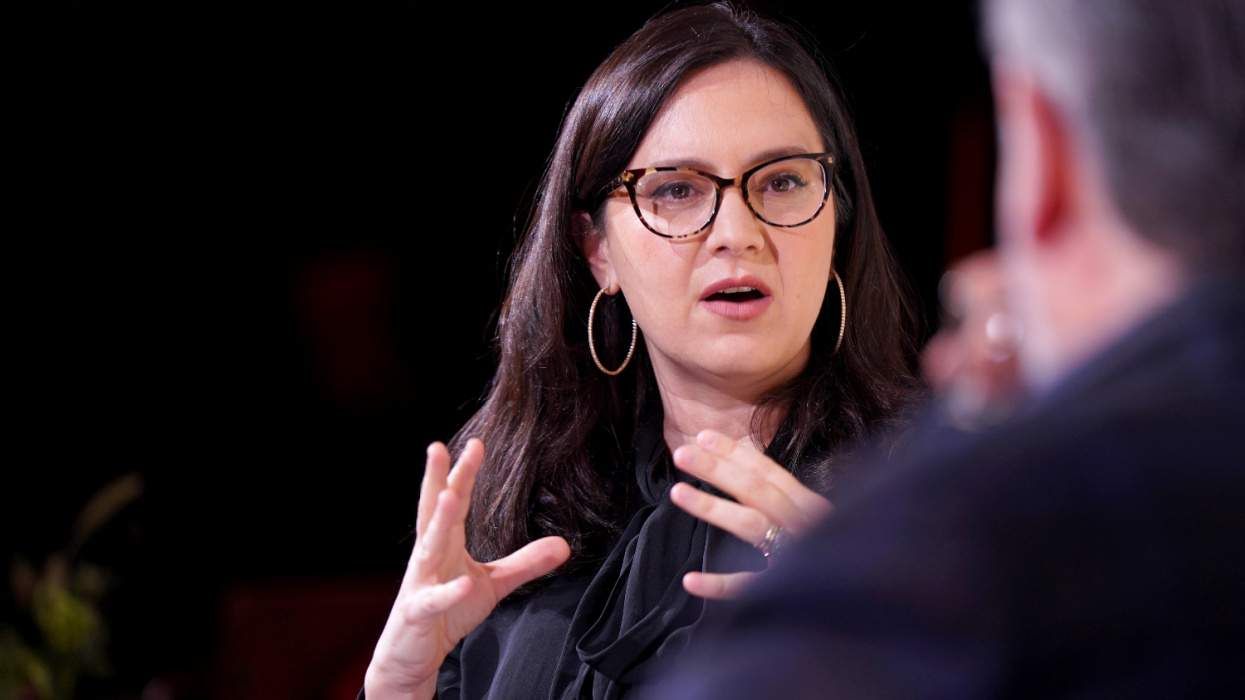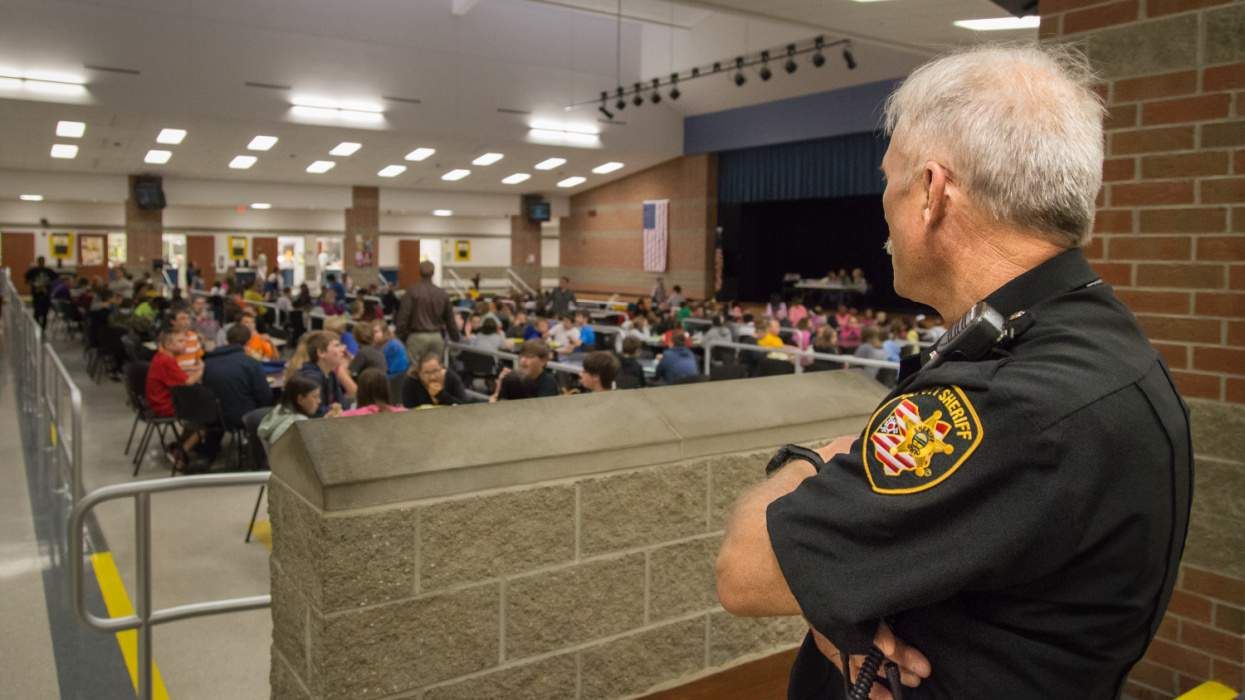The Church of England should hold an honest debate on homosexuality, the new archbishop of Canterbury said in a documentary broadcast Sunday. The Most Reverend Rowan Williams, who became leader of the Church of England and the Anglican Communion on Monday, said he could "see a case" for acknowledging same-sex relationships. "My own personal conclusion is that I can see a case for acknowledging faithful same-sex relationships," Williams said in the BBC documentary An Archbishop Like This. "If the Bible is very clear, as I think it is, that a heterosexual indulging in homosexual activity for the sake of variety and gratification is not following the will of God, does that automatically say that that is the only sort of homosexual activity there could ever be?" Williams, formerly the archbishop of Wales, said the Bible's position on homosexuality might not be as straightforward as it appears. "It seems to me rather sad, and rather revealing, that when it comes to sex, we suddenly become much less intelligent about our reading of the Bible," Williams said. He added that he wants "the debate to be an honest one," with "a recognition that what at first sight seems absolutely straightforward when you look in the Bible...when you look a bit harder, may not be." Homosexuality was a big issue at the 1998 Lambeth conference, a gathering of Anglican bishops from around the world. As archbishop of Canterbury and thus leader of the worldwide Anglican Communion, Williams has said he would enforce a Lambeth resolution condemning homosexual relations as "incompatible with Scripture" and opposing the blessing of same-sex unions and sex outside of marriage. But in an interview published by The [London] Daily Telegraph in July, Williams said he had ordained a priest whom he knew was living in a same-sex partnership. "My theological conviction is that there is a good case for recognition of same-sex partnerships if they are stable and faithful. I would not, however, call it marriage," he was quoted as saying.
Search
AI Powered
Human content,
AI powered search.
Latest Stories
Stay informed on important LGBTQ+ news.
Sign up for our email newsletter.
@ 2026 Equal Entertainment LLC.
All rights reserved
All rights reserved
By continuing to use our site, you agree to our Privacy Policy and Terms of Use.
The Latest
More For You
Most Popular
@ 2026 Equal Entertainment LLC. All Rights reserved














